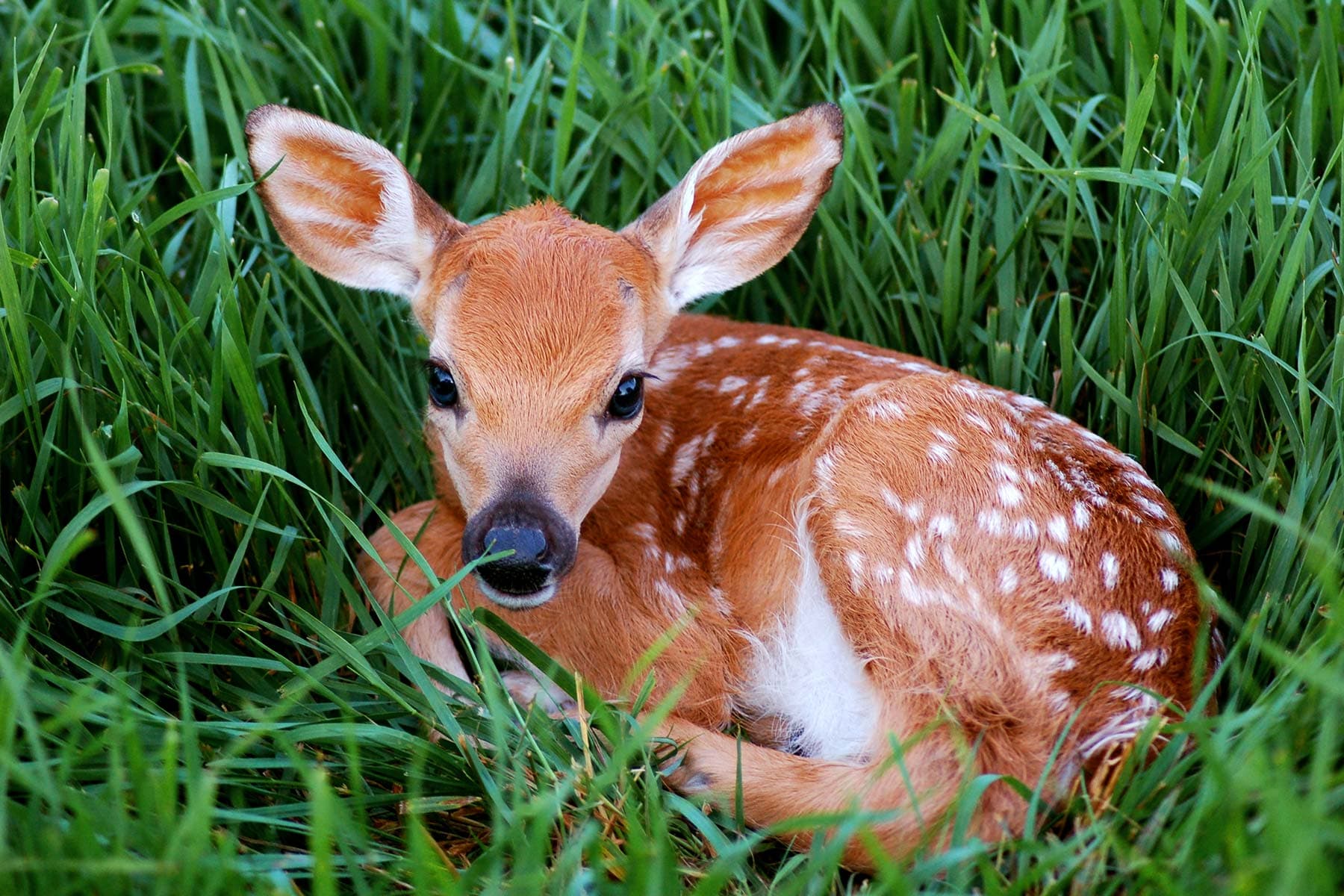Address
Imperial Staffing Solutions. 1500 Chestnut St #1890 Philadelphia,PA 19102
Work Hours
Monday to Friday: 7AM - 7PM
Weekend: 10AM - 5PM
Address
Imperial Staffing Solutions. 1500 Chestnut St #1890 Philadelphia,PA 19102
Work Hours
Monday to Friday: 7AM - 7PM
Weekend: 10AM - 5PM

Nov. 17, 2021 — Growing reports that white-tailed deer have been infected with the coronavuris along with continuing infections and illness in zoo animals and pets, is giving rise to concern that animals may become reservoirs for the development of new variants or even direct animal-to-human transmission.
So far, it has mostly been humans who have infected animals, although sometimes the cause is unknown.
Three snow leopards at the Lincoln Children’s Zoo in Nebraska recently died from COVID-19 complications. Two of the zoo’s tigers also caught the virus in October but have since recovered.
The same happened at the National Zoo in Washington, D.C., in September when six African lions, a Sumatran tiger, and two Amur tigers tested positive for COVID-19. Zoo staff were unable to pinpoint the source of the infections.
In July, the U.S. Department of Agriculture reported that antibodies to the coronavirus had been detected in white-tailed deer in Illinois, Michigan, New York, and Pennsylvania.
The agency also reported in August that its sampling found actual virus in deer in Ohio.
Most recently, Penn State University researchers in November published a pre-print study showing that a growing number of deer in Iowa had tested positive, reflecting most likely human-to-deer and deer-to-deer transmission.
Humans are the presumptive spreaders of infection among deer, says Angela Bosco-Lauth, PhD, DVM, assistant professor of biomedical sciences at Colorado State University in Fort Collins.
But going the other way — deer infecting humans, is less likely, she says. “The likelihood of a human contracting it from a deer they’ve just shot is pretty minimal,” Bosco-Lauth says..
It cannot be entirely ruled out, however, she says.
With this coronavirus, “what we’re seeing is fairly unprecedented in history,” Bosco-Lauth says, noting the massive number of infections worldwide.
What’s more concerning is the possibility of a new variant arising, especially from domestic and farmed animals, she says. “We’ve seen with Delta and other variants that mutations do arise pretty readily and become host-adapted.”
Bosco-Lauth and her colleagues recently conducted experiments with cats, dogs, hamsters, and a ferret to trace the evolution of coronavirus in those animals. They found that the virus rapidly changed in animal hosts, especially in cats and dogs.
The authors suggested in their paper, published in the Proceedings of the National Academy of Sciences, that the evolution of coronavirus in companion animals and other potential animal hosts should be closely monitored.
Given that cats seem to be particularly susceptible to COVID-19 infection and that they live in close proximity to humans, “that seems like a more likely place where you might see transmission back and forth between humans and animals and potentially variants arising through that transmission,” Bosco-Lauth says.
The CDC says humans can and do spread COVID-19 to animals, including domestic pets, farmed animals such as mink, and zoo animals, but the agency
emphasizes that there’s still no evidence COVID-19 can spread from animals to humans, with the exception of farmed mink.
Denmark culled millions of mink in 2020 to head off a mutation that arose after human-to-animal and animal-to-human transmission. The country further incinerated 4 million of those culled mink after they began to resurface from mass burial sites earlier this year.
Coronavirus is not transmitted through blood — it is a respiratory disease — and there’s no evidence anyone could get sick from eating deer meat, but some states are telling hunters to take additional precautions when field-dressing white-tailed deer.
Most recommend that hunters follow the CDC’s guidelines for handling wild game, which include:
Wisconsin has suggested hunters wear masks and also advises hunters to limit handling or cutting of the lungs, throat, and mouth/nasal cavity.
Massachusetts advises a face shield in addition to the CDC guidelines. A Rhode Island state wildlife biologist told the Providence Journal that he’d advise wearing a mask while field-dressing deer.
A quick survey of state hunting guidelines show that most recommend a COVID-19 vaccine as the best way to protect against potential infection, even from an animal source.
Extra precautions are never ill-advised, Bosco-Lauth says, adding that it’s “a good idea to wear a mask to prevent other potential pathogens in addition to SARS-CoV-2.”